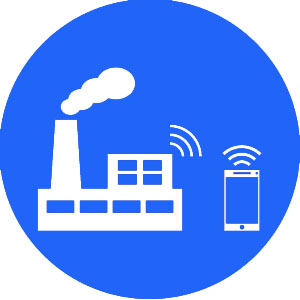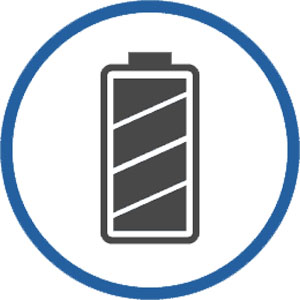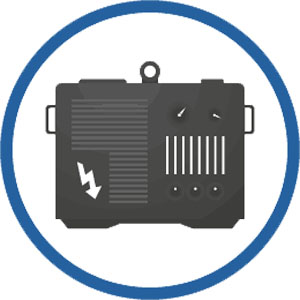Off-grid power for CCTV
What do building sites; public events; festivals and roads have in common? They're just some of the places that typically don't have access to grid power, but increasingly do have a need for CCTV monitoring. Audio and video surveillance has become commonplace because its a cost-effective way of protecting assets and people. However, one of the problems that security experts face in deploying stationary or portable CCTV in remote locations is that there is often no access to grid electricity. In off-grid locations, security teams have limited choices for providing power to CCTV surveillance equipment. Here are the main options for off-grid power:
Connect to the grid
If the site you want to protect is off-grid, getting it connected to the grid is usually prohibitively expensive. Forget this option unless you have very deep pockets or the infrastructure demands more than just a simple CCTV surveillance system.
Use UPS batteries
CCTV cameras do not take much power - typically between 25W and 50W, which means that using batteries as a source of prime power is an option. However, depending on the number of batteries in place, the operator will need to replace them regularly with fully charged batteries to ensure a continuous supply and no downtime. That can be an expensive option depending on the number of batteries used, the cost of transporting heavy batteries to the site and technician time to exchange them and bring them back to base for re-charging. In terms of battery runtimes, suppose the CCTV load (camera and wireless transmitter) is 500mA. The total current draw is 12Ah per day, which means a 110Ah battery will provide off-grid power for about nine days.
Diesel generators
Diesel generators are an option for powering some CCTV installations if you don't mind a power source that is heavy, creates about 90dbA of noise, has unpleasant emissions, vibrates and produces a lot of heat. In addition, generators have a lot of moving parts, which can mean that reliability is an issue. Often, these drawbacks are incompatible with the use of CCTV monitoring in remote locations.
Renewable sources
Solar and wind power may have a part to play in keeping batteries topped up with charge. However, in the UK at least the sun doesn't always shine (solar output falls dramatically with cloudy skies and short days) and the wind doesn't always blow, which means your battery lifetime may be unpredictable. If you have any questions about power for CCTV please contact us.


























